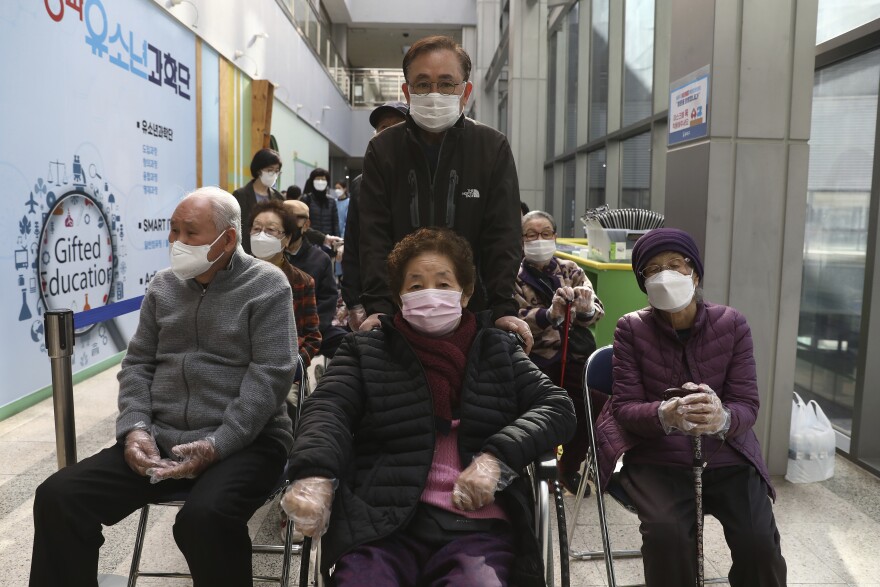Mental health continues to be a focus for many in Hawaiʻi and elsewhere, especially given the lingering impact of the pandemic. Recent research in South Korea is showing that depression in particular has hit the very young — as well as older women.
South Korea’s Education Ministry says more than one in four elementary school students in the country experienced increased depression during the pandemic.
Another quarter of that population reported becoming more anxious.
The numbers for younger students were more than double that for middle school students and high schoolers.
The findings were based on a national survey that involved nearly 350,000 students.
The Korea Herald quotes an Education Ministry official as saying the move to online classes likely had a major impact.
The Ministry plans to study this issue further — and admits this survey has its limits. For example, for first to fourth graders, parents answered on behalf of their children.
A separate study from South Korea’s Health Insurance Review and Assessment Service found a growing number of women in their 60s also suffering from depression.
This research does not put the blame on the pandemic, but on continuing family responsibilities.
The Chosun Ilbo reports women of this generation did not have the same educational and professional opportunities as men, and now remain saddled with continuing expectations of others.
Those include cooking for their retired husbands, providing childcare for their grandchildren, and sometimes also caring for elderly parents in a country where life expectancies are continuing to rise.




